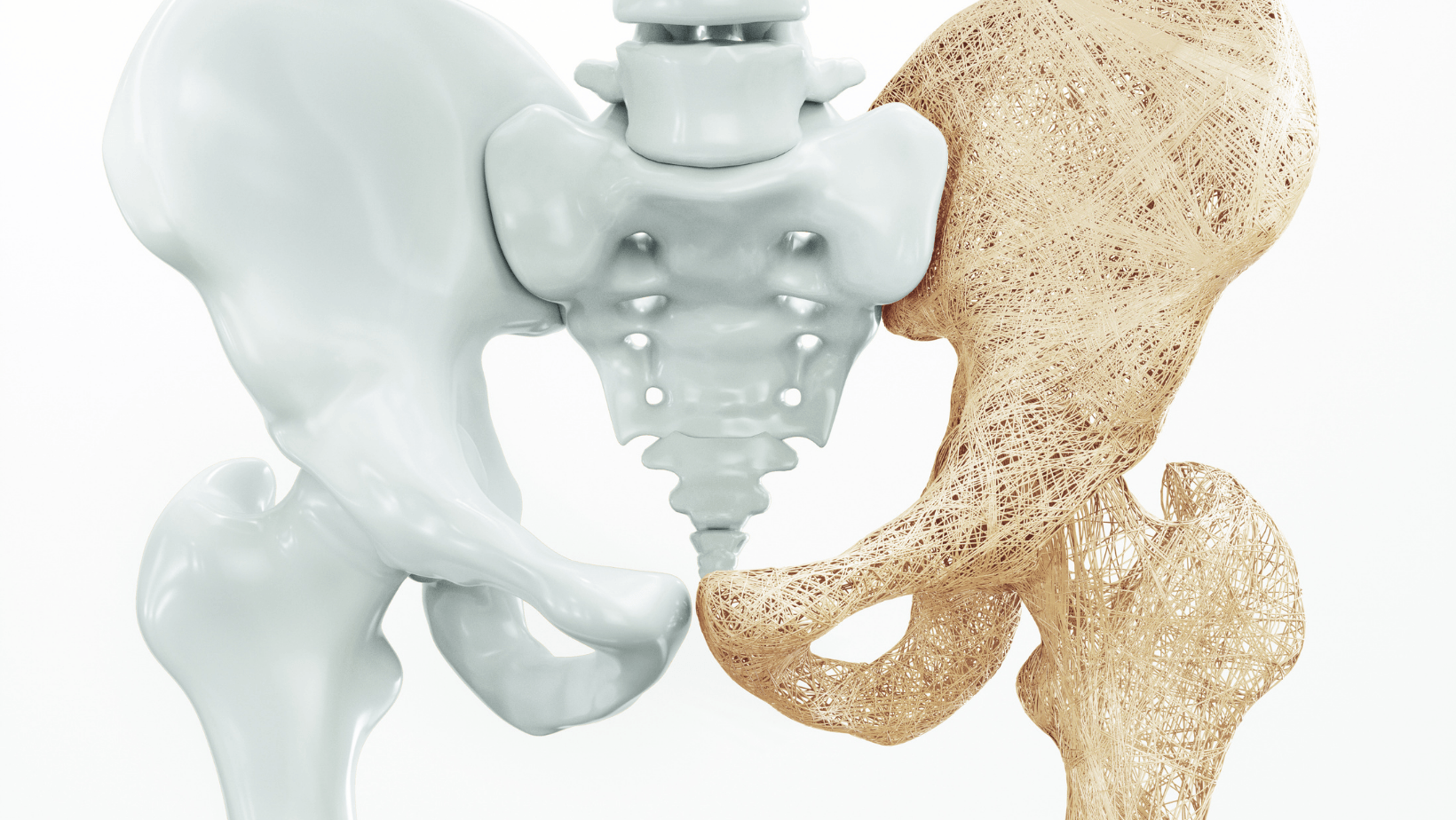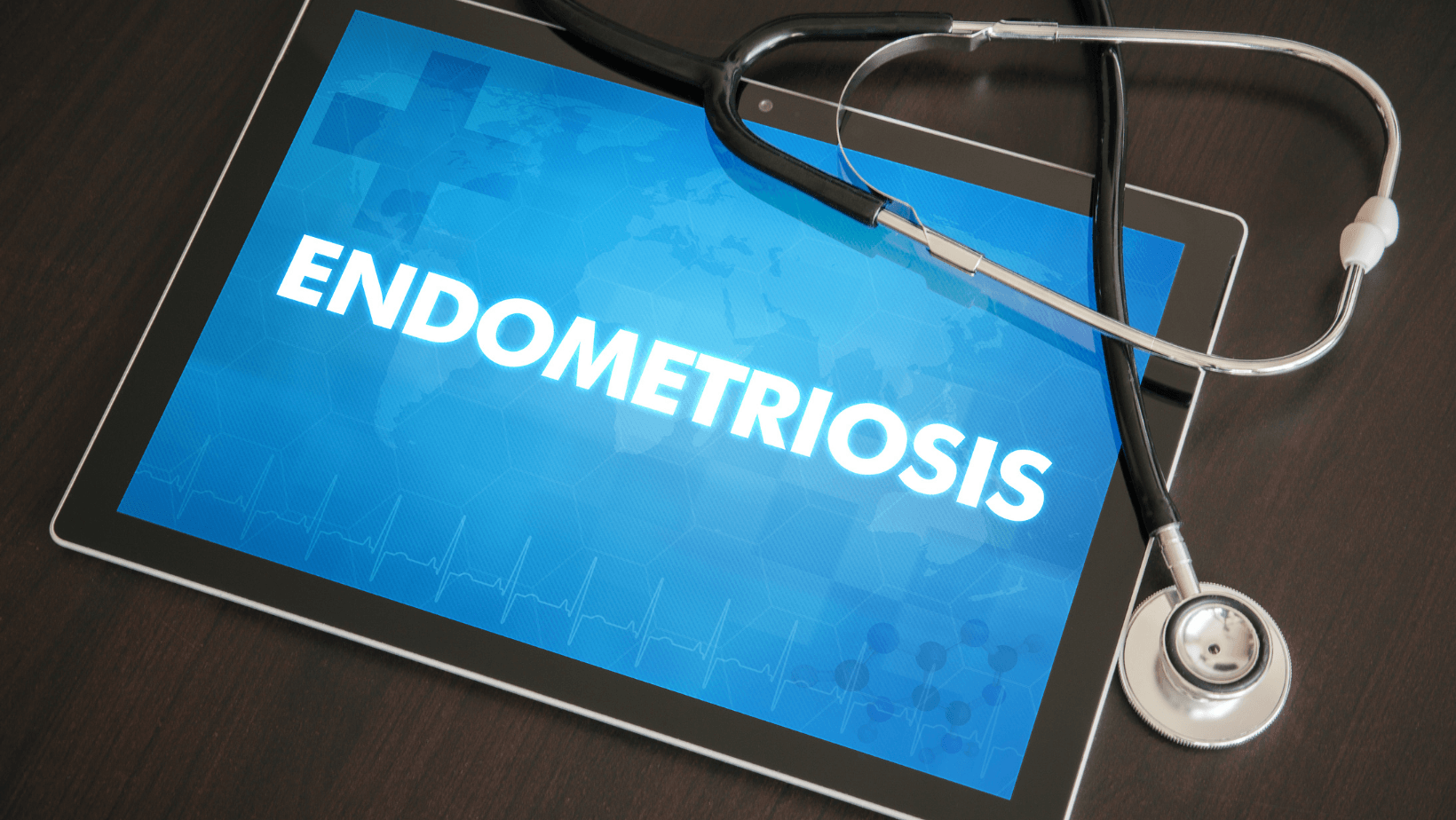Peptic Ulcer - Symptoms and Treatment - Avicenna Health
PEPTIC ULCER
Do you have a stomachache daily?
Do you have pain in your stomach after eating?
Do you have untreated stress and that causes you terrible abdominal pain?
Do you overuse NSAIDs such as Ibuprofen?
Let's take a look at an interesting article about a prevalent disease called Peptic Ulcer Disease.
Definition of Peptic Ulcer
A peptic ulcer is an open sore that develops on the inside lining of the stomach and the upper portion of the small intestine.
Symptoms
- Pain – which is the most common symptom of peptic ulcers. It is an upper abdominal burning pain or discomfort.
- Indigestion - it is also called dyspepsia, which describes discomfort in the upper abdomen.
- Gastrointestinal reflux - it is when stomach content flows back into the esophagus.
- Nausea/vomiting
- Belching - it means emitting gas noisily from the stomach through the mouth.
- An important thing to add is that patients with peptic ulcer disease can be asymptomatic.
Causes of Peptic Ulcer
- The most common cause is the infection with the bacterium called Helicobacter pylori (H. pylori)
- Long-term use of NSAIDs such as Ibuprofen
Risk Factors
1. Helicobacter Pylori infection
2. Non-steroidal anti-inflammatory drugs (NSAIDs)
3. Smoking and heavy alcohol use
4. Family history of peptic ulcer disease
5. Psychological factors
6. Diet (spicy foods can make the symptoms get worse)
When to see a doctor?
When you have severe symptoms, or if you have one of the complications of the ulcer, such as;
- Internal bleeding can be a slow blood loss that leads to anemia or a severe blood loss that can require going to a hospital or a blood transfusion. Severe blood loss can cause black\bloody vomit or stools.
- Obstruction – peptic ulcers can block the passage of food through the digestive system, making the patient entirely quickly lose weight or vomit.
- Perforation – the ulcer can make a hole in the stomach or small intestine wall, which makes the patient highly susceptible to abdominal infection.
-
Gastric Cancer – patients infected with Helicobacter Pylori have a higher risk of gastric cancer.
Diagnosis
- Upper Gastrointestinal Endoscopy – it is the most accurate test to diagnose peptic ulcer disease.
- Urea breath test – it is positive when patients have H.pylori
- Stool antigen test - it is also positive when patients have H.pylori
-
FBC – it is ordered to see if the patient has anemia or evidence of gastrointestinal bleeding.
Differential Diagnosis
- GERD (gastroesophageal reflux disease)
- Gastric malignancy
- Gastroparesis
- Biliary disease
- chronic pancreatitis
- Irritable Bowel Syndrome
Management
Treating peptic ulcers depends on what causes them; it generally involves eradicating H.Pylori infection, reducing the use of NSAIDs, and using medication to help the ulcer to heal.
Medications may include:
1. Antibiotics to treat H. Pylori infection
2. Antisecretory therapy such as Proton Pump Inhibitors (PPIs)
Sometimes we need surgery if any complications happened, such as bleeding, perforation, obstruction, or suspected malignancy.
If you have any concerns about non-emergent health conditions, you may schedule a telemedicine consult with the Avicenna Health provider for an individualized consultation.
References
- Mayo Clinic
- AMBOSS
- BMJ
- Up To Date













